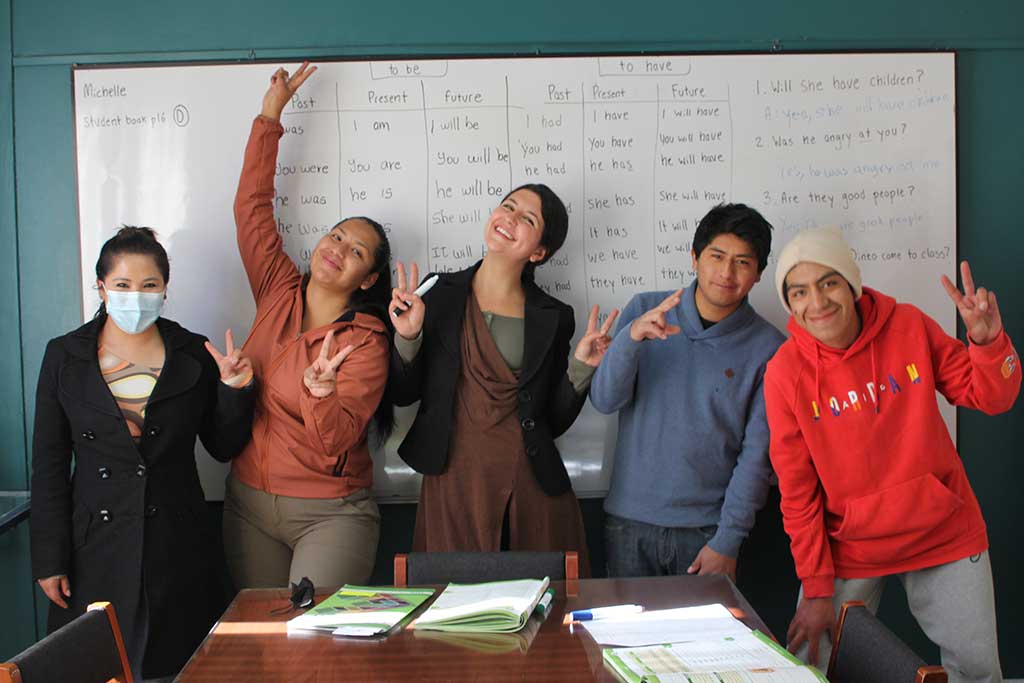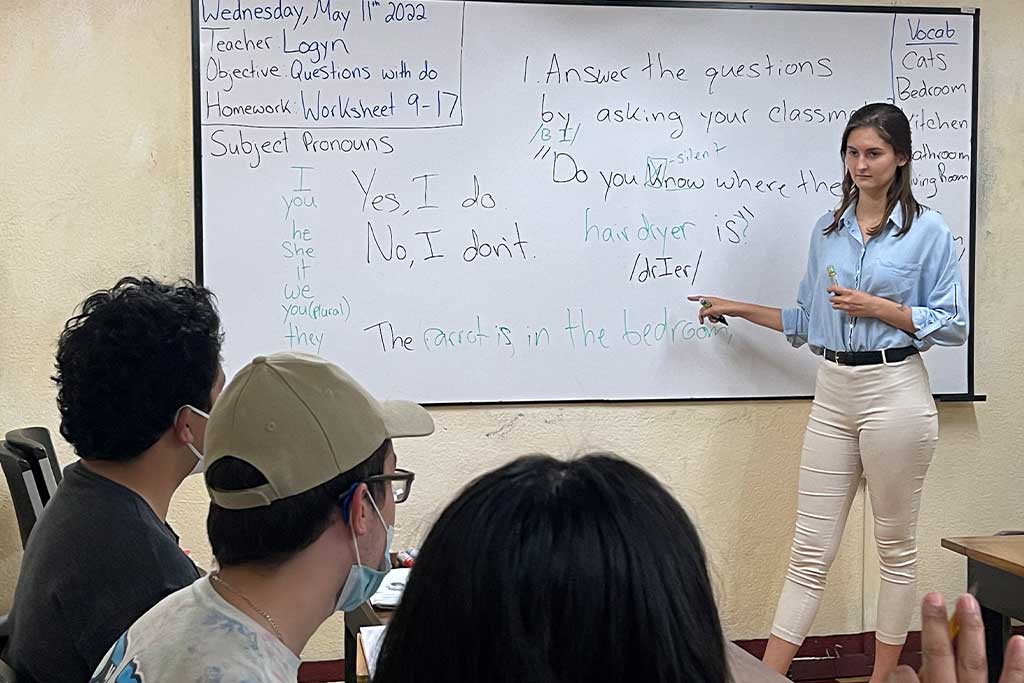Two for one tacos? I’m there. I have no qualms about cashing in coupons, hunting down deals, haggling at the market. I mean who doesn’t love a good bargain? But are there times when the cheapest and the best option aren’t the same?
Finding a dirt cheap car, for example, feels great until it leaves you stranded alongside the road. When it comes to big investments, sometimes it’s okay to save a little longer and pay a little more. This is especially true of educational pursuits.
What you’re getting for your money is an important consideration when researching TEFL certification programs. If you’re hoping to build a career out of it, the caliber of your training is important. Not only do you want your program to be regarded well internationally, you also want it to be genuinely helpful.
Best case scenario: you walk away confident enough to step into a classroom and the company you earned your TEFL with has the necessary connections to help you find a job. But how do you get to that step? As you hunt for the perfect program, ask yourself where you want it to take you.

What will you get for your money?
If you’re hoping to launch a new life teaching English abroad, do some research before you commit to a TEFL program. Where will it take place? What is the program’s reputation like? Is it accredited? How comprehensive is the training?
When comparing programs put on by different providers, it’s what’s included that counts! Of course it’s appealing to save a few hundred bucks that could be put toward a weekend in Machu Picchu or Tikal! Trust me, I hear you.
However, when you’re signing up for a TEFL program, you’re doing more than enrolling in a course—you’re investing in your future. Saving money might not be worth it in the long haul if you’re compromising the quality of your training.
In fact, you could end up missing out on higher paying jobs in the future if you don’t set yourself up for success. Remember that the goal is to use your certification in the real world. You don’t want to feel ill prepared or have potential employers skeptically googling your credentials.
So as you explore your options, compare more than price points! Delve into what each program has to offer. If you’re paying for an academic program, that means they should be trying to impress you. And a high quality TEFL program promotes future growth.

How will your TEFL course prepare you?
Of course, you still want to get the most out of your money. Just don’t let the financial factor be the only thing driving your research. Rather, if one program is substantially cheaper than all the rest, stop and ask yourself why.
Saving a few bucks in the short term isn’t so great if your career ends up paying the price. Make sure your TEFL program gets you more than a piece of paper. Will your certification expose you to critical ESL techniques? Will it help you make connections worth keeping?
Researching online can be overwhelming. Maybe even misleading at times. So how can you tell if you’re making a move that’s cost effective? Start by making sure your programs of interest are accredited! This means that their quality has been regulated by criteria external to their organization.
Once you’ve checked this box, you can start to consider other potential strengths and weaknesses. It’s hard to navigate new material when you feel like you’re on your own, so don’t be scared to call or email and ask about class sizes. Find a program that’s personalized!
In addition to hitting the books, becoming a TEFL graduate is all about practicing and receiving personalized feedback. Maximo Nivel’s onsite TEFL programs, for example, include 15 hours of practical teaching experience, all of which are observed by an experienced TEFL trainer.
What this means: TEFL participants have the opportunity to teach real ESL students in the country where they’re earning their TEFL. After each lesson, their TEFL trainer sits down with them and provides constructive feedback. Learning by doing almost guarantees improvement. And fast!
But before you jump into the classroom, it’s important that you feel prepared. Look for coursework overviews in your research. It’s a good sign when a company is transparent—listing a curriculum breakdown on their website. Don’t stop at hours or weeks, look for how thorough the program’s content is.
Apart from real teaching experience, other modules to look for include: ESL techniques, classroom management, lesson planning and a comprehensive review of English grammar. Different companies will call these components by different names, but ultimately, you want a program that’s well rounded and rigorous.

Do Future You A Favor!
Once you’ve narrowed it down to a few top contenders, read what other people are saying online. Though public opinion should not be the only determiner of a program’s quality, it’s the closest you’ll come to firsthand insight before you go.
And when scrolling through online reviews, make sure you read more than one or two. There will always be a few outliers. Also, keep in mind how long the program has been running. To become an expert, you need to be trained by experts!
As your TEFL hunt comes to a close, don’t sell yourself short. Your program’s reputation, rigor and professional network all matter. Maximo Nivel even offers lifetime job finding assistance to its alumni. So what price tag will you put on your future?
Ultimately, the decision is yours. Do you want to be a $200 teacher or a $1,000 teacher? No matter where your priorities lie and no matter what you decide, do future you a favor—find a program that not only meets but exceeds global standards!
